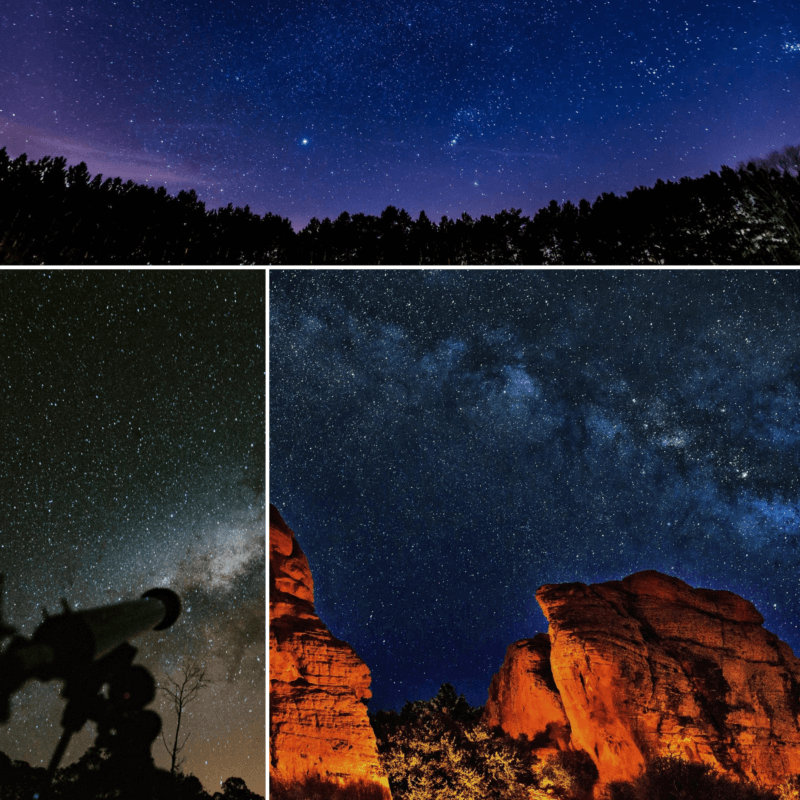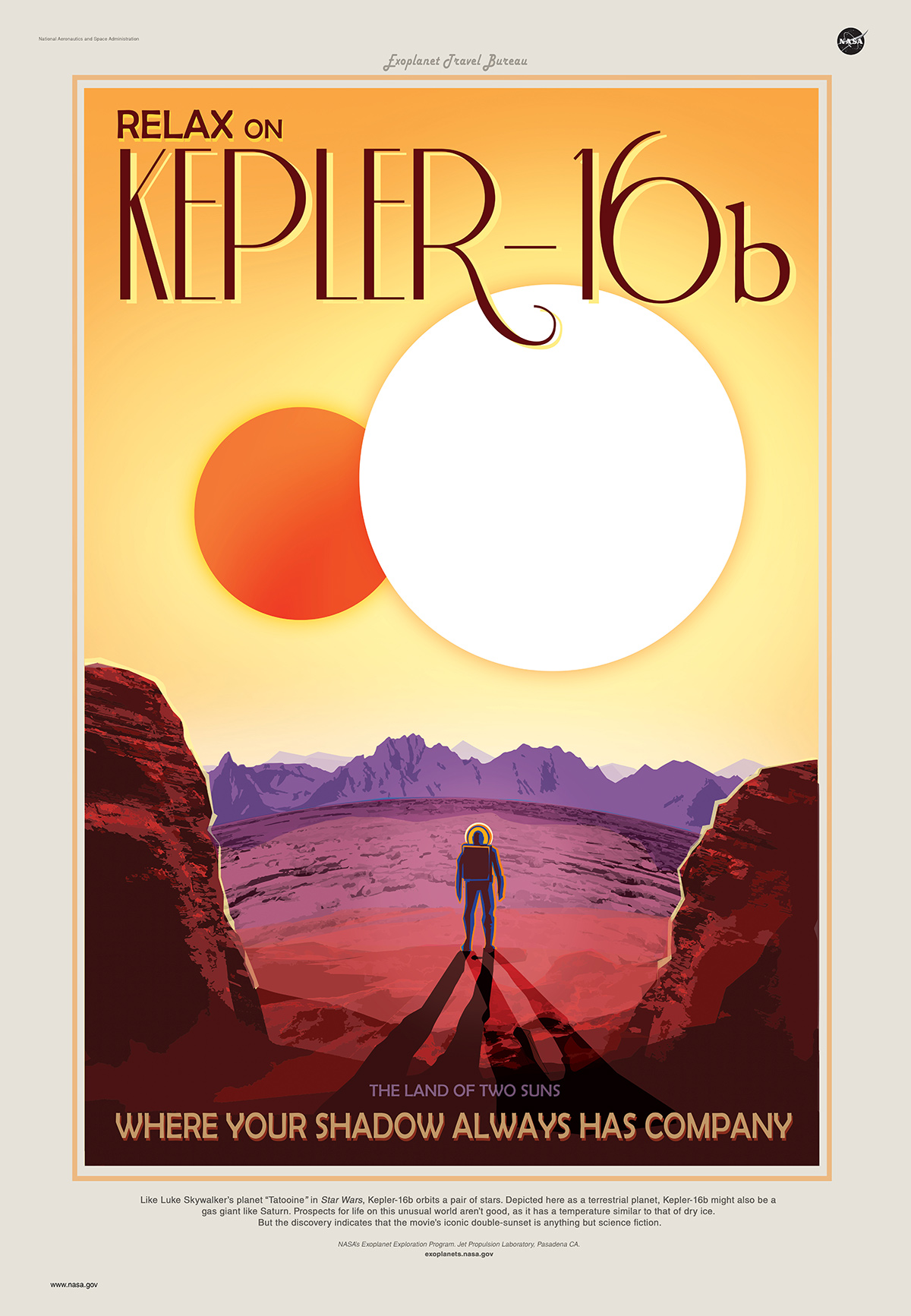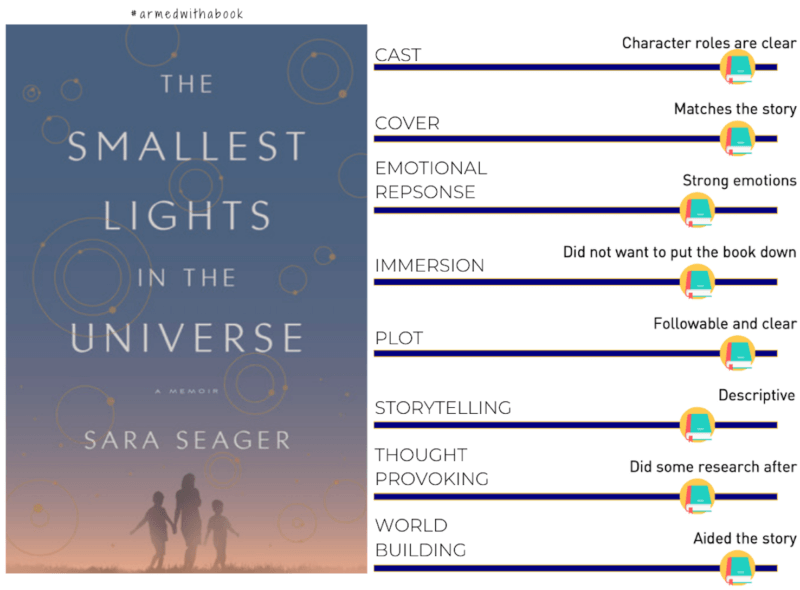The Smallest Lights in the Universe is a beautifully written memoir by MIT astrophysicist Sara Seager. There are so many aspects of this book that I loved: the life of an astrophysicist, work-home balance, parallels about the universe and space exploration with life as well as depictions of grief and starting over. Take a look at the book blurb below and then read on for my thoughts.

Sara Seager has made it her life’s work to peer into the spaces around stars–looking for exoplanets outside our solar system, hoping to find the one-in-a-billion world enough like ours to sustain life. But with the unexpected death of her husband, her life became an empty, lightless space. Suddenly she was the single mother of two young boys, a widow at forty, clinging to three crumpled pages of instructions her husband had written for things like grocery shopping–things he had done while she did pioneering work as a planetary scientist at MIT. She became painfully conscious of her Asperger’s, which before losing her husband had felt more like background noise. She felt, for the first time, alone in the universe.
In this probing, invigoratingly honest memoir, Seager tells the story of how, as she stumblingly navigated the world of grief, she also kept looking for other worlds. She continues to develop groundbreaking projects, such as the Starshade, a sunflower-shaped instrument that, when launched into space, unfurls itself so as to block planet-obscuring starlight, and she takes solace in the alien beauty of exoplanets. At the same time, she discovers what feels every bit as wondrous: other people, reaching out across the space of her grief. Among them are the Widows of Concord, a group of women offering consolation and advice; and her beloved sons, Max and Alex. Most unexpected of all, there is another kind of one-in-a-billion match with an amateur astronomer.
Equally attuned to the wonders of deep space and human connection, The Smallest Lights in the Universe is its own light in the dark.
Content Notes: Loss of family from cancer, death of pets, depictions of death and sickness.
My Takeaway from The Smallest Lights in the Universe
The Smallest Lights in the Universe is a touching book. I loved the roots of family and friendship, erudite endeavors and never giving up. There is a lot of sadness in this book but there is also hope. Without the sadness, perils and obstacles in our lives, we don’t grow, and definitely don’t appreciate the positive good moments.
On Academic Pursuits and Passion
I come from a family of professors. My grandfather was a Mathematician, my father and aunt both research and teach in Business areas. I studied computing science and education, with the dream that one day I will be an academic. Though I am not on that path anymore (and who knows, maybe I will be one day?), it was eye opening to learn about Sara’s experiences in academia and the challenges of balancing research, teaching and home life. Sara had wonderful mentors and through her journey, their importance was clear.
The kind of passion that Sara portrays for her research and field of study is exactly the kind that I want to find for myself! As much as it isn’t something to aim for, this sort of passion is what keeps one company during grief. I have learned that our education is one of the few things in life that we control as we get older and it is our job, especially as academics, writers and researchers, to pursue ideas even when no one believes in them.
“Stars are light. Stars are possibility. They are the places where science and magic meet, windows to worlds greater than my own. Stars gave me the hope that I might one day find the right answers.“
Excerpt from The Smallest Lights in the Universe

On Convincing the Future Generations
There are a couple of places in the book when Sara comments on the strength of young kids and why she reaches out to them with her ideas. Though a lot of her research is theoretical in nature, she does it for the future generations because, without the views that our current generations hold, in the future, when these kids are older, they will have the courage and resources to pursue these ideas. Of course, they would have their own set of misgivings about situations, but hopefully, the amount of theoretical knowledge will offer enough encouragement to pursue the practical.
“Adults have been given too many reasons not to believe, that’s why they so often say no. Children have greater faith in us. That’s why they always say yes.”
Excerpt from The Smallest Lights in the Universe
On the Art in Science
Sara mentioned the tourism posters for other worlds that hang outside her office. She also said that an artist created the first image of the exoplanet, Kepler-7b. I liked seeing how integrated artists are into space exploration. The big satellites and telescopes can take grainy photos but it is the artists who can put details and bring together other things that we know about the planet, such as its atmosphere. Some details are only amplified by imagination.

On Assumptions
There was this one memory in the book when Sara was applying to be on a committee and it had strict travel commitments. Just like it made her think about the assumptions that people can make about their peer’s lives and living situations, my thoughts also turned to these unshared truths about life. Job commitments aside, society has its own struggles. When the significant other passes away, it takes time to adjust to being single again, and sadly, there are too many reminders that a pair is the norm.
This is the story of an intelligent and strong woman who faces the darkness in the universe as well as her life and finds the smallest lights to keep her moving forward! With the loss of important people in her life, Sara grew as a person and made new friends. She learned to be open to new experiences and ask for help when needed. Friendships fade away as we get older, but some friendships are only made at the right times in our lives, and the best part is that we are able to keep them as our situations evolve.
** The Smallest Lights in the Universe is now out in stores so get a copy and let me know what you think! **
Amazon Kindle
Amazon Print

Many thanks to the publisher for providing me a complimentary copy of the book in exchange for an honest review.
Interested to learn more about space? Keep an eye out for my review of The End of Everything by astrophysicist Katie Mack. Yes, I am in a bit of an astrophysics phase. 🙂
Thank you for stopping by today! If you like memoirs, do check out the others that I have reviewed on the blog! You can find them here.
Banner Photo by Breno Machado on Unsplash

This sounds wonderful, Kriti. I’m adding this to my list to read. Thanks!